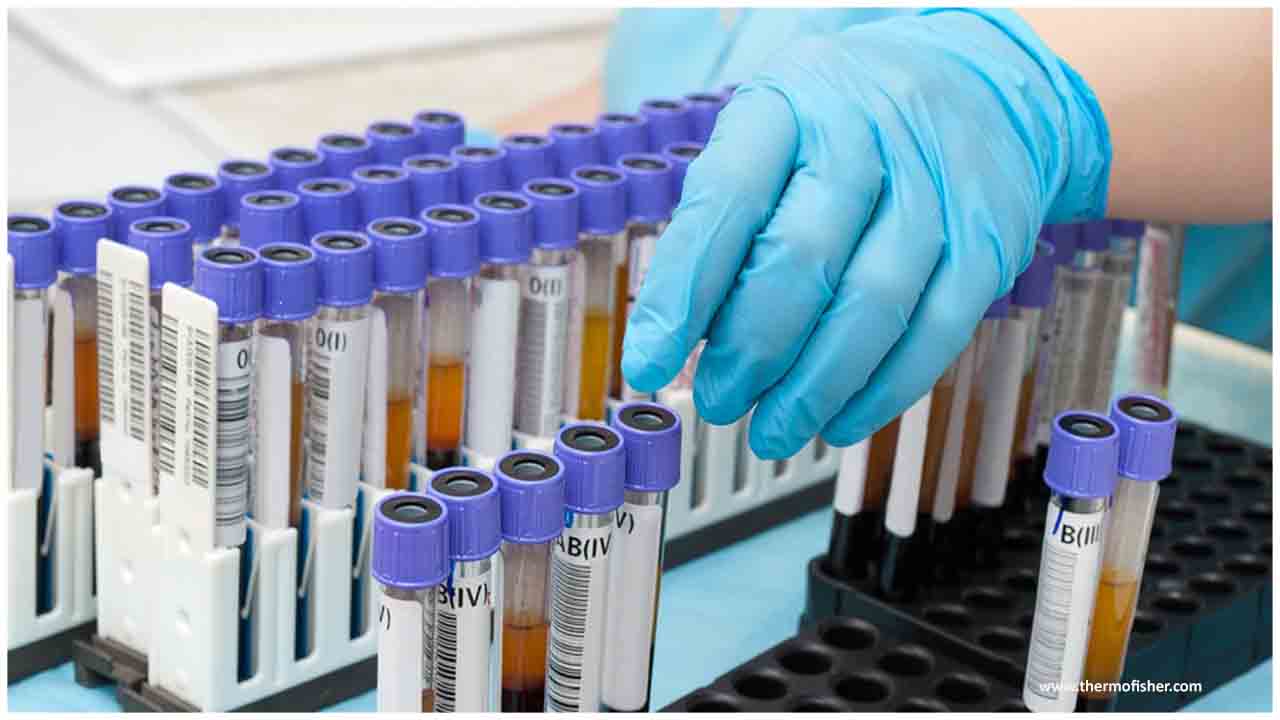For the mitigation of COVID-19 pandemic, R&D efforts are directed at the development of vaccines, diagnostics and therapeutics. The specimens collected from COVID-19 positive subjects can be a valuable resource for the R&D efforts.
NITI Aayog has recently issued guidelines for sharing of bio specimens and data for research related to COVID-19. As per the directives of the Cabinet Secretary, the Indian Council of Medical Research (ICMR) has notified 16 bio-repositories for collecting, storing and maintaining clinical samples (oropharyngeal/ nasopharyngeal swabs, broncheoalveolar lavage, sputum, blood, urine and stool) of COVID-19 patients.
The enlistment of 16 Bio Repositories are as follows: ICMR – 9, DBT – 4 and CSIR – 3. The four Bio Repositories under the purview of the Department of Biotechnology are, NCR-Biotech Science Cluster (i) THSTI, Faridabad – Clinical samples (ii) RCB Faridabad –Viral samples, Institute of Life Sciences, Bhubaneswar, InStem, Bangalore and ILBS, New Delhi .Oropharyngeal / nasopharyngeal swabs, bronchoalveolar lavage, sputum, blood, urine and stool of COVID19 patients will be collected and archived for future use to develop validated diagnostics, therapeutics, vaccines etc.
These designated facilities will develop uniform Standard Operating Procedures (SoPs) for sample collection, transportation, aliquoting, storage, and sharing. The role of bio-banks for COVID-19 samples would be development of a vaccine and treatments; guidance regarding handling, including nasopharyngeal swabs; and conditions under which the higher BSL-3 practices should be followed for example, when working with cultures of the coronavirus specimens. The Department of Biotechnology would be supporting these COVID-19 designated Bio-bank facilities through a well strategized future plan so that novel technological interventions can be developed in due course of time. These designated bio repositories will use the clinical samples for R&D purpose in their respective Institutes.
In addition, they are also authorized to share the samples with academia, industry and commercial entities involved in development of diagnostics, therapeutics, vaccines etc., after scrutinising the purpose of the request and ensuring benefit to the country. Sharing of Biospecimens both Clinical and Viral is going to be key for new technology and product development by our researchers, start-ups and industry, a critical step in our journey towards becoming an Atmanirbhar Bharat.

 Corononavirus Bio Banks will help in research as well as vaccine development
Corononavirus Bio Banks will help in research as well as vaccine development










.jpeg)


.jpeg)
.jpeg)
.jpeg)
_(1).jpeg)

_(1)_(1)_(1).jpeg)
.jpeg)
.jpeg)
.jpeg)








.jpeg)
.jpeg)